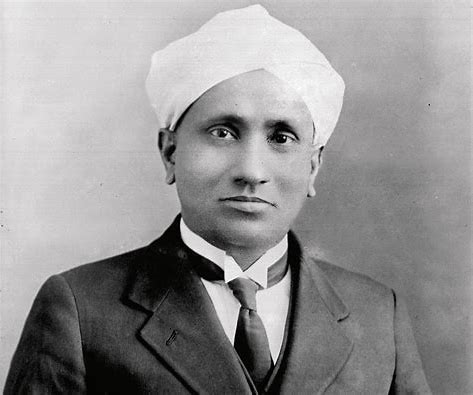
C.V. RAMAN
Chandrasekhara Venkata Raman was an Indian physicist and a pioneer in the field of light scattering. His most significant contribution was the discovery of the 'Raman Effect' in 1928, for which he was awarded the Nobel Prize in Physics in 1930. His work laid the foundation for the study of light scattering and spectroscopy, and he inspired generations of Indian scientists. Raman's research was conducted with limited resources, yet his dedication to scientific inquiry established him as a prominent figure in the history of Indian science. While working in Calcutta, Raman conducted independent research during his spare time at the Indian Association for the Cultivation of Science, reigniting the institute’s scientific activity. In 1928, he discovered the Raman Effect, a breakthrough in the understanding of light scattering, which revealed how light changes wavelength when passing through a medium. This seminal work earned him the Nobel Prize in Physics in 1930, making him the first Asian to receive a Nobel in the sciences.